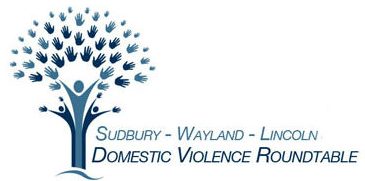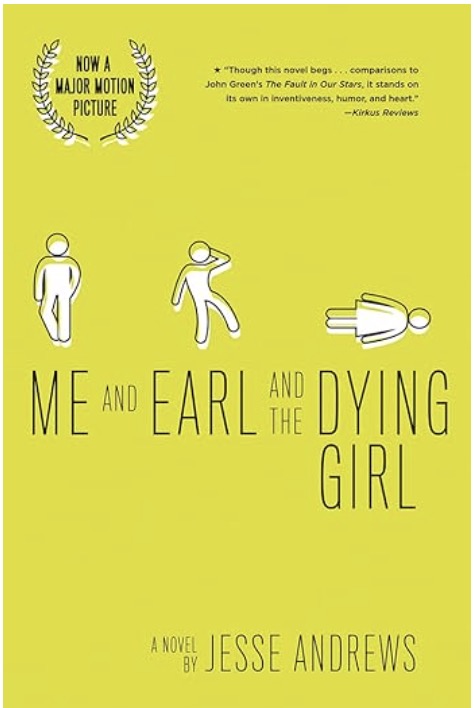At its regular meeting October 19, the Wayland Housing Partnership (WHP) voted (6 in favor, 0 against, 1 abstention, 2 absent) to oppose the warrant article in the November 18, 2009 Special Town Meeting [see Article 3] that amends the zoning by-laws re affordable housing in the proposed Town Center project.
WHP is a town committee appointed by the selectmen. Its charter includes a charge to make recommendations on the pros and cons of particular housing proposals. WHP had enthusiastically supported the original 25% affordable housing provisions of the town center project and the central idea of a multiuse overlay district (MUOD) comprising municipal, residential, commercial and office spaces.
However, the article before the town asks that the percentage of affordable units in the town center project be reduced from 25% to 12%. WHP does not support this article and we urge Wayland voters to carefully consider our concerns.
The residential component of the town center project consists of two parts. One part comprises 88 two- or three-bedroom condominium units in a residential area overlooking the Sudbury River. The other part consists of 12 one-bedroom rental units located over stores in the commercial area. The original configuration had 22 of the 88 condominiums affordable and 3 of the 12 rental units affordable. The new proposal, in a revision of the development agreement, asks that all 88 condominiums be market-rate while all 12 one-bedroom rental units above stores are to be affordable.
In addition a sum of between $537,000 and $1,120,000 is to be donated to a housing fund at a later date.
Twenty Wayland, the developers of the town center project, has asked for this change because of financial difficulties. They claim that providing 22 affordable condominium units would cost them $11 million.
WHP recognizes that the selectmen have made an effort to negotiate with the developers on behalf of the town. However, WHP believes the new terms do not adequately protect the town for the following reasons:
1. Wayland will have fewer affordable units to count in its inventory.
2. The units are not suitable for young families with children, the greatest need.
3. The affordable units are easily distinguishable from the market-rate units, contrary to law and policy.
4. The monies for the housing fund are inadequate to buy land, the greatest obstacle in creating affordable housing in Wayland.
5. The proposal would create an unfortunate precedent for Wayland in its dealings with developers of any project involving affordable housing.
6. Because there is no requirement that the developers begin to build the project at a date certain or until the market improves, it is premature for the Town to make these concessions.
We elaborate on these points below.
(1) First, if a town has at least 10% of its stock designated as affordable, in compliance with state guidelines, or in years where new affordable units comprise at least one half of one percent of the total residences in town, the town can refuse unfriendly 40B projects, (i.e., projects the town does not feel are in its best interest). Reducing the number of affordable units from 25 to 12 puts us further behind in attaining the state mandated 10% goal.
(2) On our second point, the town Master Plan specifies that the greatest need is for housing for young families with children. One-bedroom apartments do not fill this need. In its dealings with developers that propose to build affordable units, WHP has always requested two and three-bedroom affordable units be included to accommodate families. WHP does not advocate for one-bedroom affordable units.
(3)The third point concerns policy on indistinguishability of market-rate and affordable units. In the town code regarding the Town Center Project (The MUOD or Multiple Use Overlay District) it is specified:
"The affordable units must satisfy the design and construction standards of the Local Initiative Program, 760 CMR 45.00, as amended from time to time, with regard to indistinguishability from market-rate units." (Town code article 2309.11.1.6.)
In addition, the town has an inclusionary affordable housing by-law which requires 16.7% affordable units in any development over 6 units. This bylaw also requires that affordable units be indistinguishable from market-rate units. We note that in return for concessions from the town, Twenty Wayland had agreed to provide more affordable housing than required by the town's inclusionary bylaw, not less, which would be the outcome if the warrant article is approved.
Massachusetts Chapter 40B further requires affordable units to be indistinguishable from the market rate units in each development approved under this statue. WHP, in working with 40B developers in town, has always underscored the necessity for the affordable units to be similar in size and appearance to the market-rate units and that they must be dispersed throughout the project. This is standard practice in the development of affordable housing across the state.
(4) The greatest obstacle in constructing affordable housing in Wayland is land. Private land is too expensive. Finding buildable town land has proven extremely difficult. The funds of $537,000 up to $1.12 million allowed in the amended development agreement would not make up for the loss of the 22 two or three-bedroom condominiums that had been included as part of the original plan. It is not even enough to buy or construct 13 units anywhere in town. Thus, the amended plan will make it impossible to make up for the loss of the original proposed total number of affordable units.
(5) Any developer that is including affordable units can claim financial hardship. It is normally against policy to accept this as a reason for concessions. For example, our inclusionary bylaw allows off-site units in cases of "hardship" but specifically states that "Hardship shall not be considered due to financial or marketing considerations". Even a developer of a 40B project who already held a comprehensive permit, who could not ask for a reduction in percentage of affordable units by state law, could ask for other concessions such as a larger total number of units on the same site. Also, should another mixed use overlay district be designated in the future, we would have a hard time arguing for 25% affordable units.
This warrant article exposes the town to a weakening of its pro-affordability position with respect to any developer. Perceptions of fairness and equitable treatment will at a minimum be cast in doubt.
(6) In spite of an assertion by the Finance Committee that construction will begin as soon as permits are in hand, the agreement in the Master Special Permit states that the developer may extend the start date using up to five one-year delays due to "market, leasing, financing, environmental or other conditions or the unavailability of permits and approvals or appeals thereof".
Twenty Wayland is currently appealing conditions in the permit granted by the conservation commission and is suing the historic district commission over the certificate of hardship the commission granted. The resolution of appeals and of the suit could last for months or years. The permitting needed from the Department of Health has not begun. The permitting for road widening needed from the conservation commission cannot begin until the developer pays past bills for the consultants. The agreements from Raytheon are not in place.
Once all the permits are in place, Twenty Wayland can still cite "market, leasing or financing" as reasons not to begin construction. Thus there is no reason for the town to grant these concessions now. By the time construction begins, it is likely that the market will be improved and the town will have given up 13 units of affordable housing needlessly.
In addition, members of the WHP are opposed to a possible scenario in which Twenty Wayland could arguably be unjustly enriched by developing or selling the property after the town approves the warrant article that manipulates the number and location of affordable units and releases them (or any future developer who purchases this site) from their full and agreed upon obligation (and our Town’s commitment) to affordable housing. The value of the property allocated for residential use will be enhanced because the residential section overlooking the Sudbury River would be unencumbered by affordability restrictions. For example, without building anything, Twenty Wayland could sell the property at a greater profit due to this warrant article.
In conclusion, the town passed a MUOD with specific terms – including terms for ensuring the availability of additional affordable housing that benefits all members of our community. Not only would these units have provided decent and indistinguishable, non-stigmatizing housing for families in need, but these units would have brought us closer to the state goal of 10% affordable housing in every city and town. This is what we voted for when we adopted the MUOD along with the original 3 million dollar gift to the town, as an offset to the obvious costs that run with the proposed Town Center. The 25% affordable units were the terms negotiated by those who represented our community’s interest with the Twenty Wayland developers. Let us not abandon these hard-won gains now.
Kathleen Boundy
Rachel Bratt
Dan Brown
Marty Nichols
Betty Salzberg
Maddie Sifantus
John Thomas
David Wong
Rachel Bratt
Dan Brown
Marty Nichols
Betty Salzberg
Maddie Sifantus
John Thomas
David Wong










